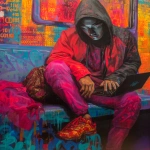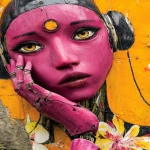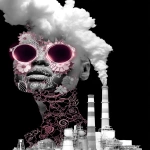Explore the Best AI Image Gallery

Beyond Pixels: AI Image Creation Tools and the Evolving Creative Landscape
The realm of digital art is undergoing a seismic shift with the advent of AI image creation tools. These sophisticated algorithms, trained on massive datasets of images and text, can now generate stunningly realistic and imaginative visuals, blurring the lines between human creativity and artificial intelligence.
A New Arsenal for Artists
AI image generators are proving to be invaluable assets for artists, designers, and content creators across various disciplines.
- Concept Development: AI can rapidly generate visual ideas based on textual descriptions, helping artists overcome creative blocks and explore new concepts.
- Style Exploration: Artists can experiment with different artistic styles by inputting text prompts or referencing existing artworks. The AI can then translate these inspirations into unique visuals, expanding their creative horizons.
- Rapid Prototyping: Designers can leverage AI to quickly create visual prototypes for projects, saving time and resources in the design process.
- Personalized Content Creation: From bespoke illustrations to customized marketing materials, AI tools empower individuals to generate unique content tailored to their specific needs.
Beyond Art: A Multifaceted Impact
The applications of AI image creation extend far beyond the realm of art. Industries such as advertising, fashion, gaming, and film are increasingly incorporating these tools to:
- Generate realistic product mockups and visualizations.
- Create immersive environments for virtual and augmented reality experiences.
- Design captivating visual effects for movies and video games.
- Produce personalized marketing campaigns with custom-generated imagery.
Navigating the Ethical Landscape
The rapid advancements in AI image creation raise important ethical considerations:
- Copyright and Ownership: Questions arise regarding the ownership of AI-generated images, particularly when trained on copyrighted material.
- Bias and Representation: AI models can inadvertently perpetuate existing biases present in the training data, leading to skewed or discriminatory outputs.
- Misinformation and Deepfakes: The potential for malicious use, such as creating realistic fake images or videos, poses a significant threat to trust and integrity.
Shaping the Future of Creativity
AI image creation tools are poised to continue transforming the creative landscape.
- Increased Accessibility: AI will empower individuals with limited artistic skills to express their creativity through digital art.
- New Artistic Mediums: The convergence of AI and other technologies, such as virtual reality and blockchain, will give rise to innovative artistic mediums and experiences.
- Human-AI Collaboration: The future likely holds a collaborative model where artists and AI work together, leveraging each others strengths to create groundbreaking works.
As we navigate this evolving landscape, it is crucial to foster open dialogue, establish ethical guidelines, and promote responsible development and use of AI image creation tools. Only then can we harness their full potential while safeguarding the integrity of creative expression and innovation.
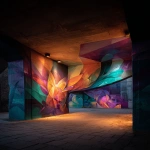
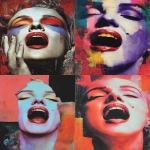
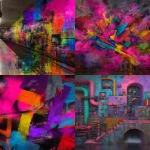
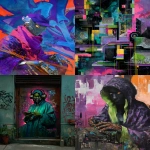
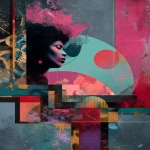
](https://images.ai-img.art/thumbnails/150/33d5e6d1da2b8ec2c4b8eab20d051c27c26d7a4991a77faf06fd03e96617fb1e.webp)
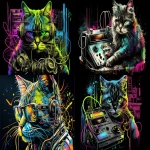
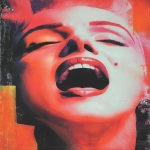
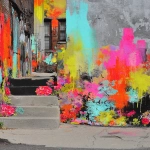
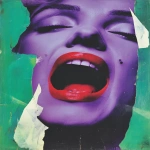
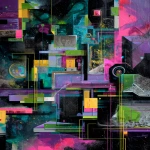
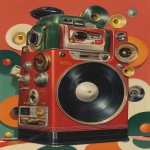
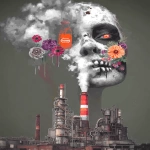
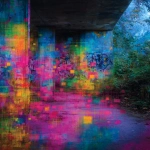
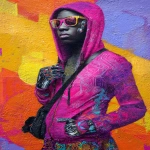
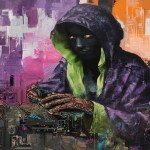
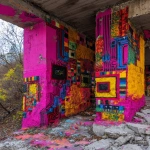
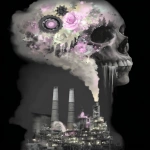
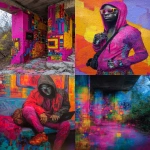
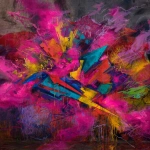
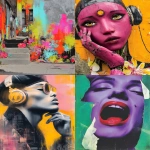
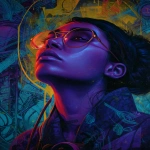
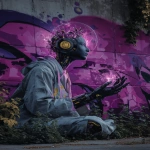
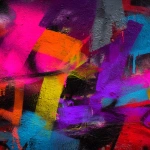
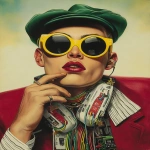
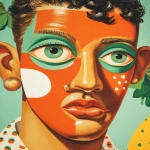
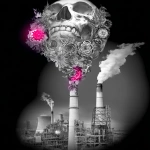
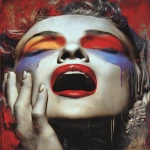
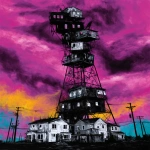
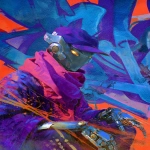
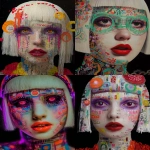
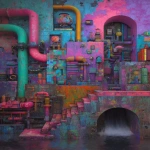
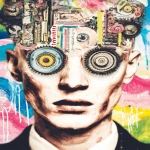
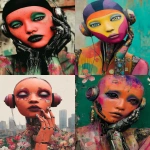
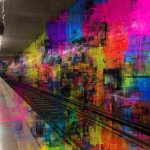
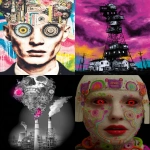
](https://images.ai-img.art/thumbnails/150/1aa8215ea9a4f6970e81a10bdb4feb3b08d5e1a202c3c7ed2c9380f2f63d5a74.webp)
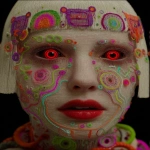
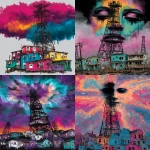

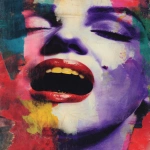
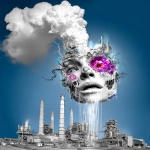
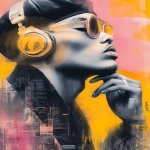
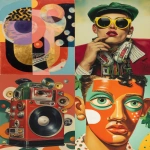
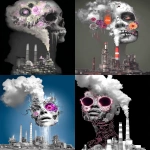
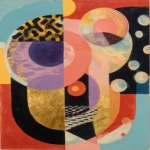
](https://images.ai-img.art/thumbnails/150/664a559b73eaff070d6f7fc7b3b151718aef9fa3a3f12f90b3c9092ceaa3cb56.webp)
